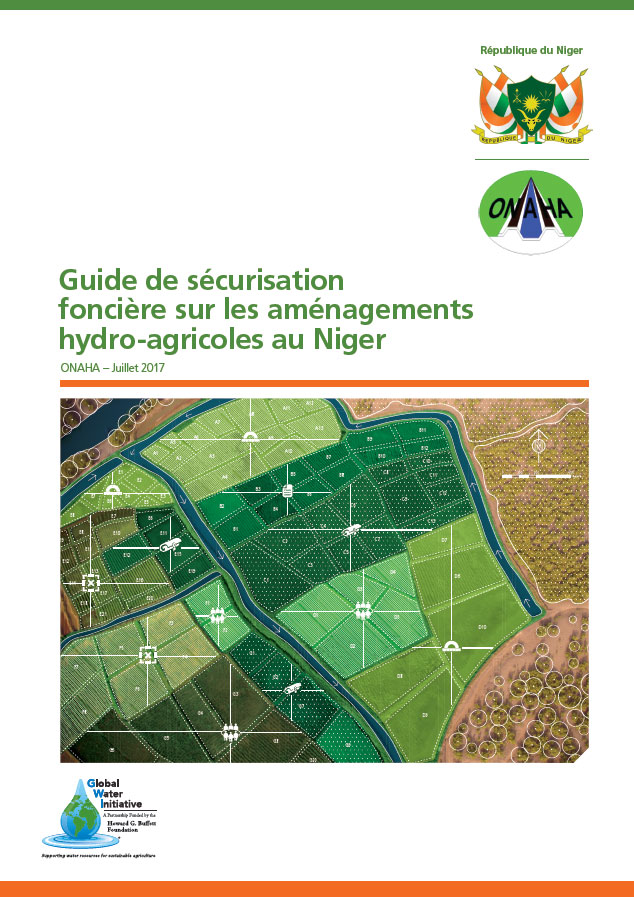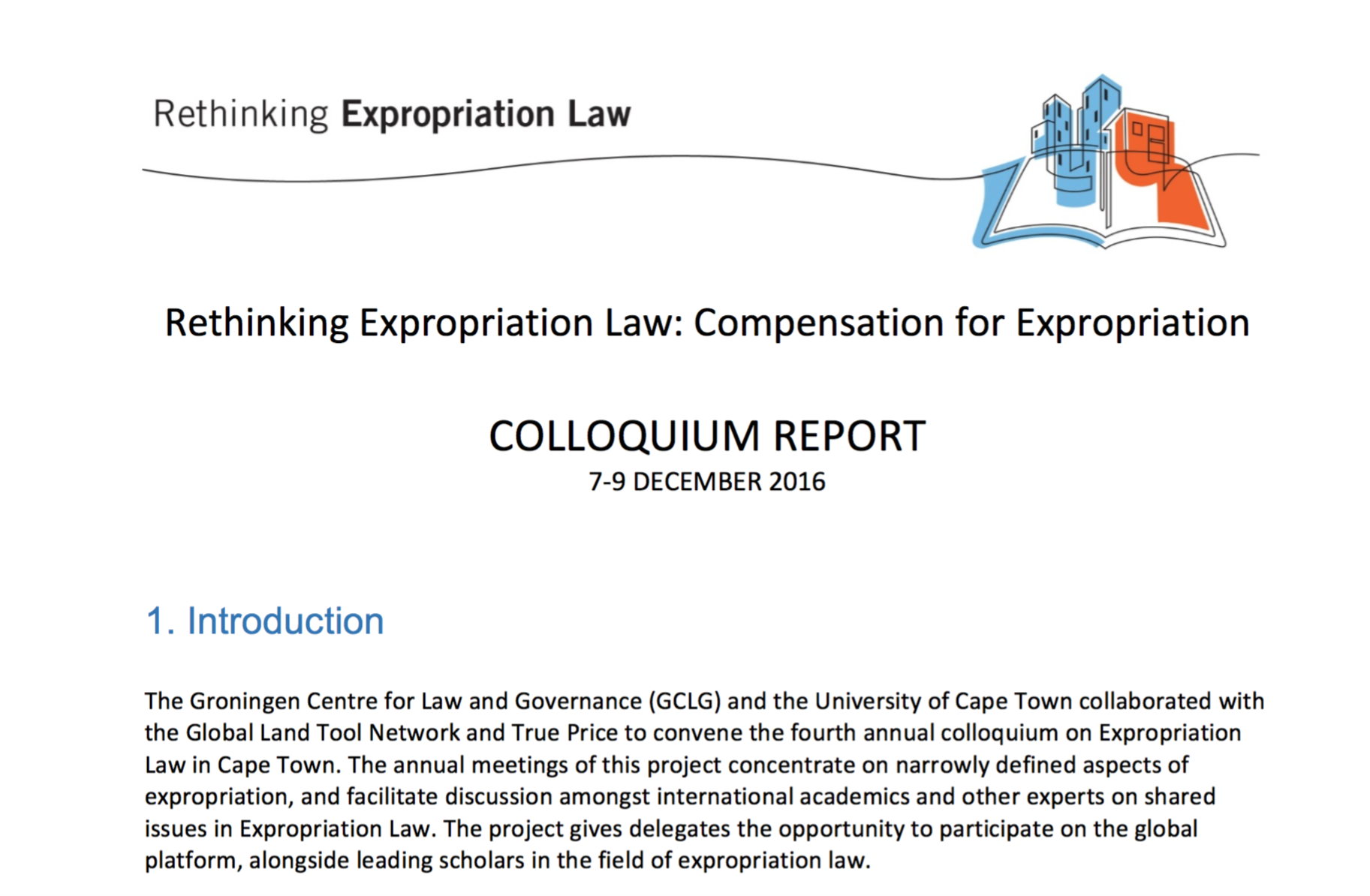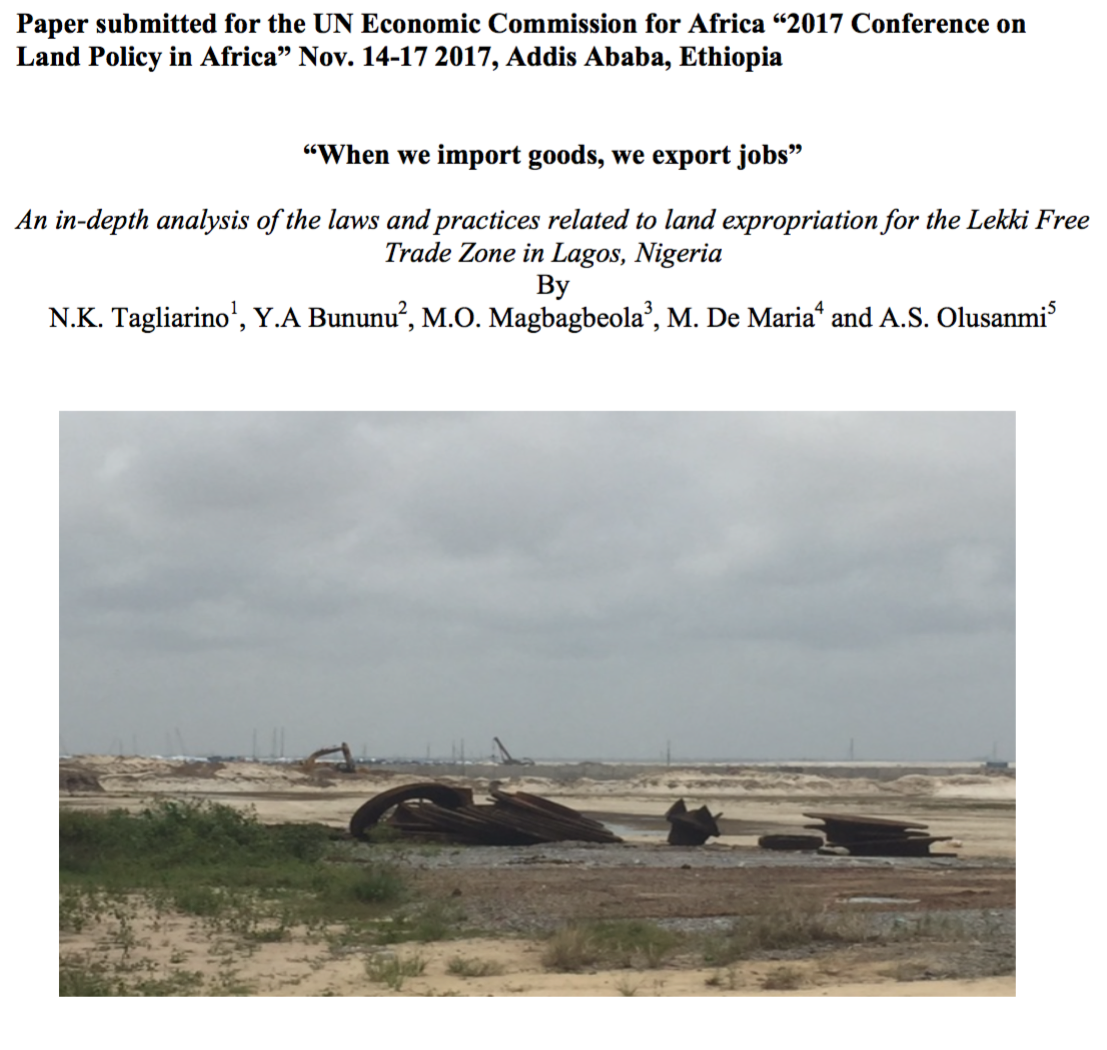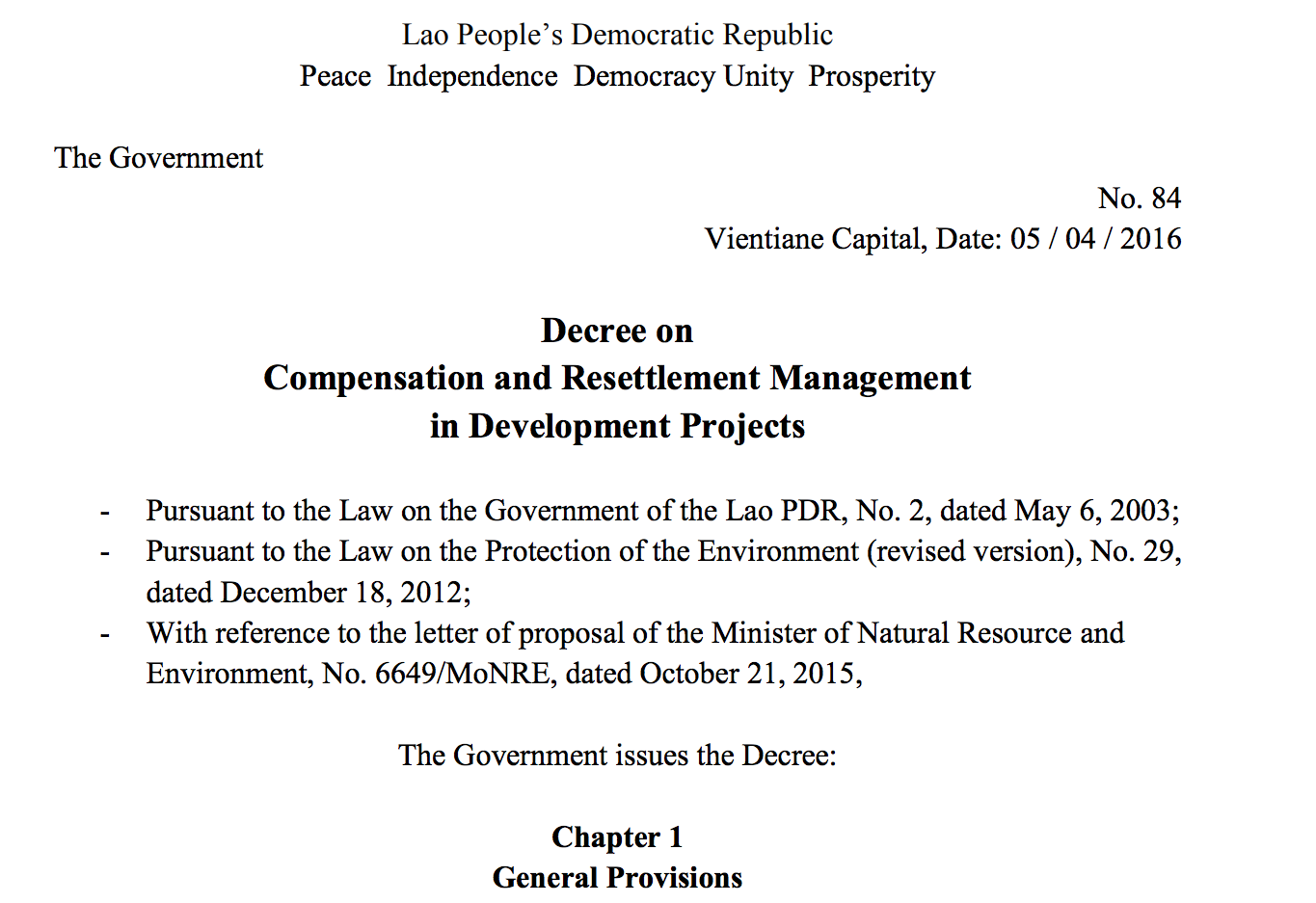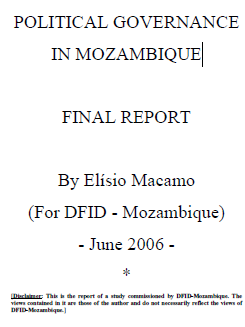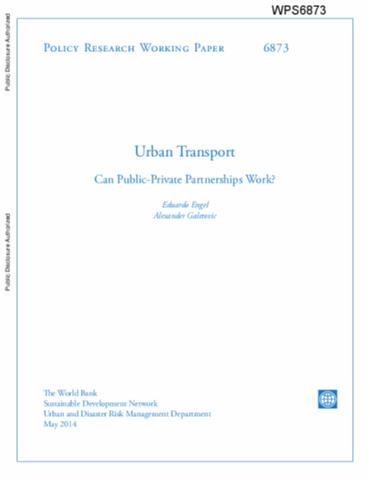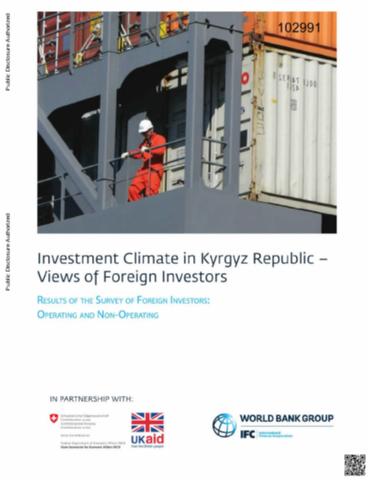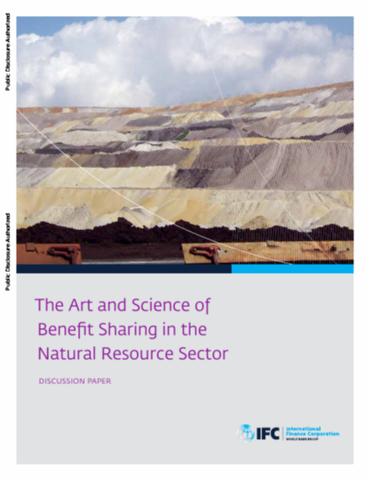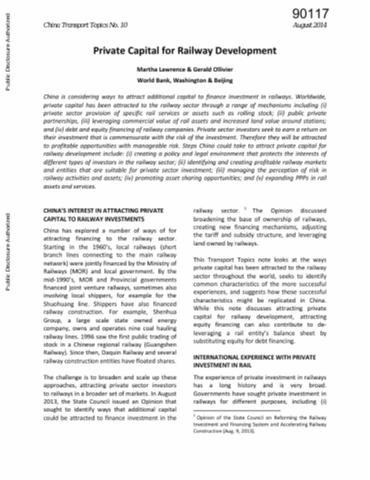Securing the land rights of people affected by dams in West Africa
For a dam to successfully contribute to the sustainable development of the society, the local populations should also benefit from it. This 5 minute video examines the challenges to obtaining an equitable compensation for the people affected by the construction of large dams and defines the various steps to make sure that the farmers who were disowned of their land can have secured access to new land.


